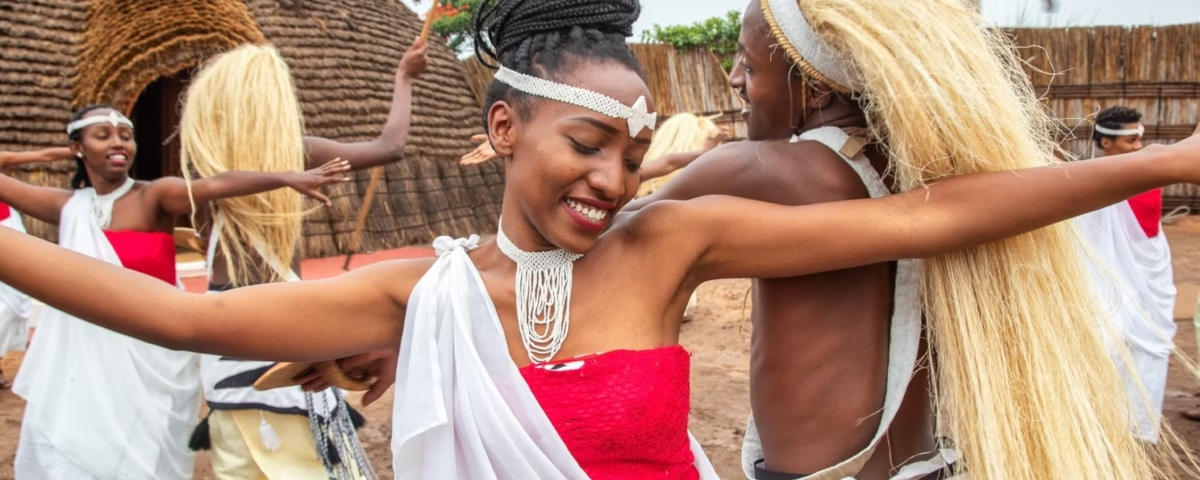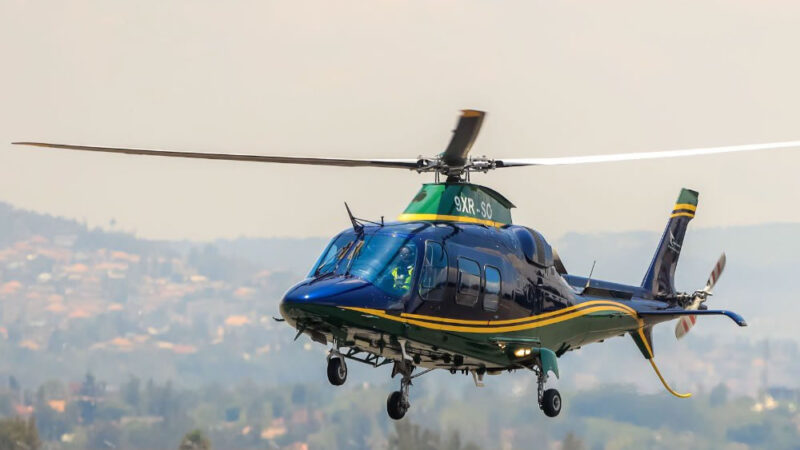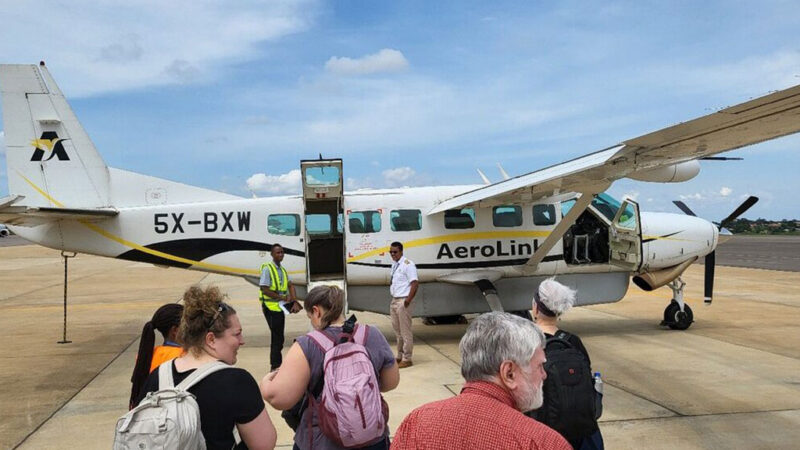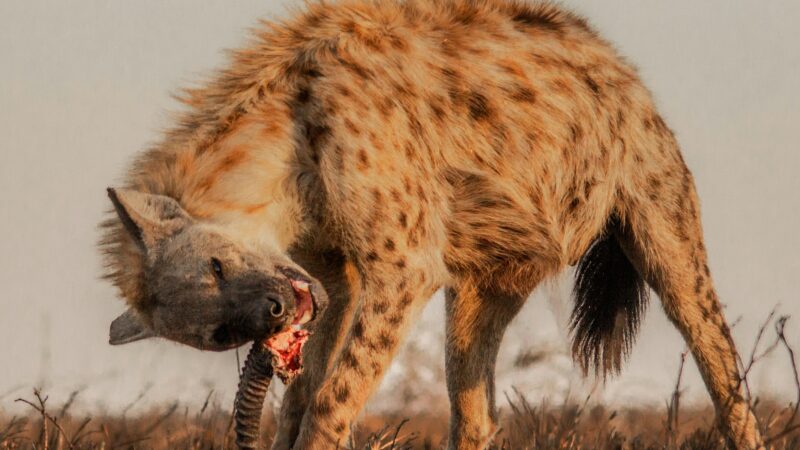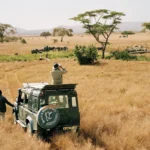
10 Things Your Safari Guide Wishes You Knew Before the Trip
June 11, 2025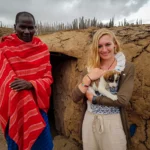
How Your Safari Supports Conservation & Local Communities
June 12, 2025When most people think of East Africa, they picture roaring lions, herds of elephants, and dramatic landscapes. But beyond the wildlife and game drives lies another rich treasure the cultures, traditions, and celebrations of East Africa’s people.Across Uganda, Kenya, Tanzania, and Rwanda, communities come together through colorful ceremonies and tribal festivals. These events are more than just entertainment they carry deep meaning, connect generations, and offer visitors a powerful, unforgettable window into African life.
Here’s a look at some of the most fascinating tribal festivals and traditional ceremonies you can witness on your next safari journey.
1. The Maasai Olympics ( Kenya)

Held every two years near Amboseli National Park, the Maasai Olympics is a unique event created by the Maasai community to replace lion hunting with sporting competition. Young warriors, or morans, compete in events like high jump (inspired by traditional jumping dances), spear throwing, and sprint races.
Why it’s special:
This festival blends ancient warrior culture with modern conservation. It’s a proud moment for Maasai youth and a chance for travelers to witness strength, grace, and tradition in action.
Best time to visit: December (every two years)
2. Imbalu Circumcision Ceremony( Uganda)
A Rite of Passage Among the Bagisu People
The Imbalu ceremony is a coming of age ritual for boys in the Bagisu tribe of eastern Uganda, particularly around Mbale and Mt. Elgon. It happens every even numbered year and marks a boy’s transition into manhood through a public circumcision ceremony.
Before the main event, villages erupt in music, dancing, and community gatherings. The atmosphere is intense but deeply respectful, filled with songs and traditions passed down through generations.
Why it’s special:
It’s a deeply meaningful cultural experience not staged for tourists, but an authentic community event open to respectful visitors.
Best time to visit: August (even-numbered years)
3. Nguvumali and Unyago Initiation (Tanzania)
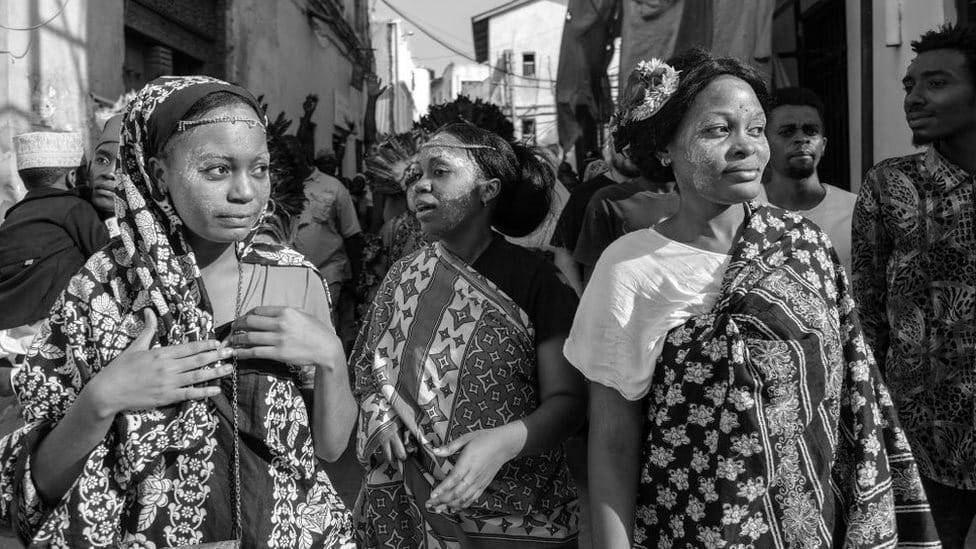
Zaramo People
Female Rites of Passage and Community Education
In coastal regions of Tanzania, particularly among the Zaramo and Digo communities, girls undergo Unyago initiation ceremonies as they enter womanhood. These rites include music, storytelling, dance, and guidance from elder women on life, relationships, and responsibility.
Why it’s special:
It’s a rare chance to learn about women’s cultural roles, shared wisdom, and intergenerational respect in East African communities.
Best time to visit: Dates vary by village but often occur during school holidays.
4. Kwita Izina ( Rwanda)

Kwita Izina Gorilla Naming Ceremony
Though it centers on conservation, Rwanda’s Kwita Izina has become a vibrant cultural celebration. Inspired by traditional baby naming rituals, the event is held every year in Volcanoes National Park to give names to newborn mountain gorillas.
Expect live music, dance troupes, speeches by elders and conservationists, and a joyful gathering of both local people and global visitors.
Why it’s special:
It bridges ancient naming customs with modern conservation. It’s one of the few festivals in the world where wildlife meets tradition in such a powerful way.
Best time to visit: September
5. The Maralal Camel Derby ( Kenya)
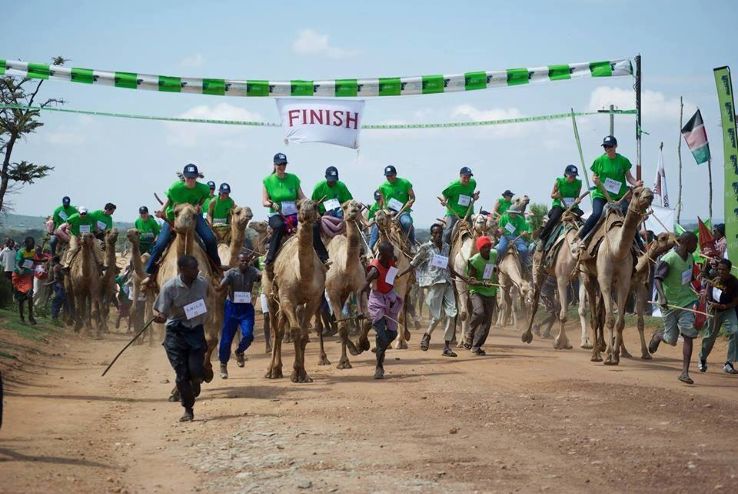
Maralal International Camel Derby 2025, Kenya
Held annually in northern Kenya, the Maralal Camel Derby brings together local Samburu and Turkana communities and adventurous travelers. This fun, energetic event includes camel races, dances, and traditional songs.
While it’s lively and lighthearted, it also fosters peace and unity among tribes who historically competed for land and water.
Why it’s special:
You’ll witness cultural pride, tribal sportsmanship, and cross cultural friendships in action.
Best time to visit: August
6. Intore Dance Ceremonies ( Rwanda)
Royal Elegance and Warrior Spirit

Though not tied to a specific date, the Intore (warrior) dances are often performed during weddings, national holidays, and public festivals. These dances originated in Rwanda’s royal courts and feature performers in traditional attire flowing wigs, beaded skirts, and spears moving with energy and precision.
Why it’s special:
It’s a living example of storytelling through movement. Each step, rhythm, and costume tells part of Rwanda’s cultural journey.
Best time to visit: Year round during national events or arranged performances
Respect and Participation: What Visitors Should Know
-
Be respectful. These are sacred events not tourist shows. Always ask your guide about cultural protocols.
-
Dress modestly and avoid taking photos unless permitted.
-
Travel with a local guide or cultural interpreter who can explain meanings and ensure you’re welcomed properly.
-
Support local artisans and vendors during festivals to contribute to the community.
Why Cultural Safaris Matter
At Traford Safaris Ltd, we believe a great safari should go beyond the Big Five. East Africa’s people are just as rich in beauty, resilience, and wonder as its wildlife. By including tribal festivals and cultural moments in your journey, you connect with stories that are real, living, and lasting.
Ready to Experience More Than Just a Game Drive?
Let us design a custom safari that includes both thrilling wildlife moments and rare cultural encounters from Imbalu rituals in Uganda to camel derbies in Kenya.
👉 Contact Traford Safaris Ltd today and let’s start planning your deeper journey into East Africa.

